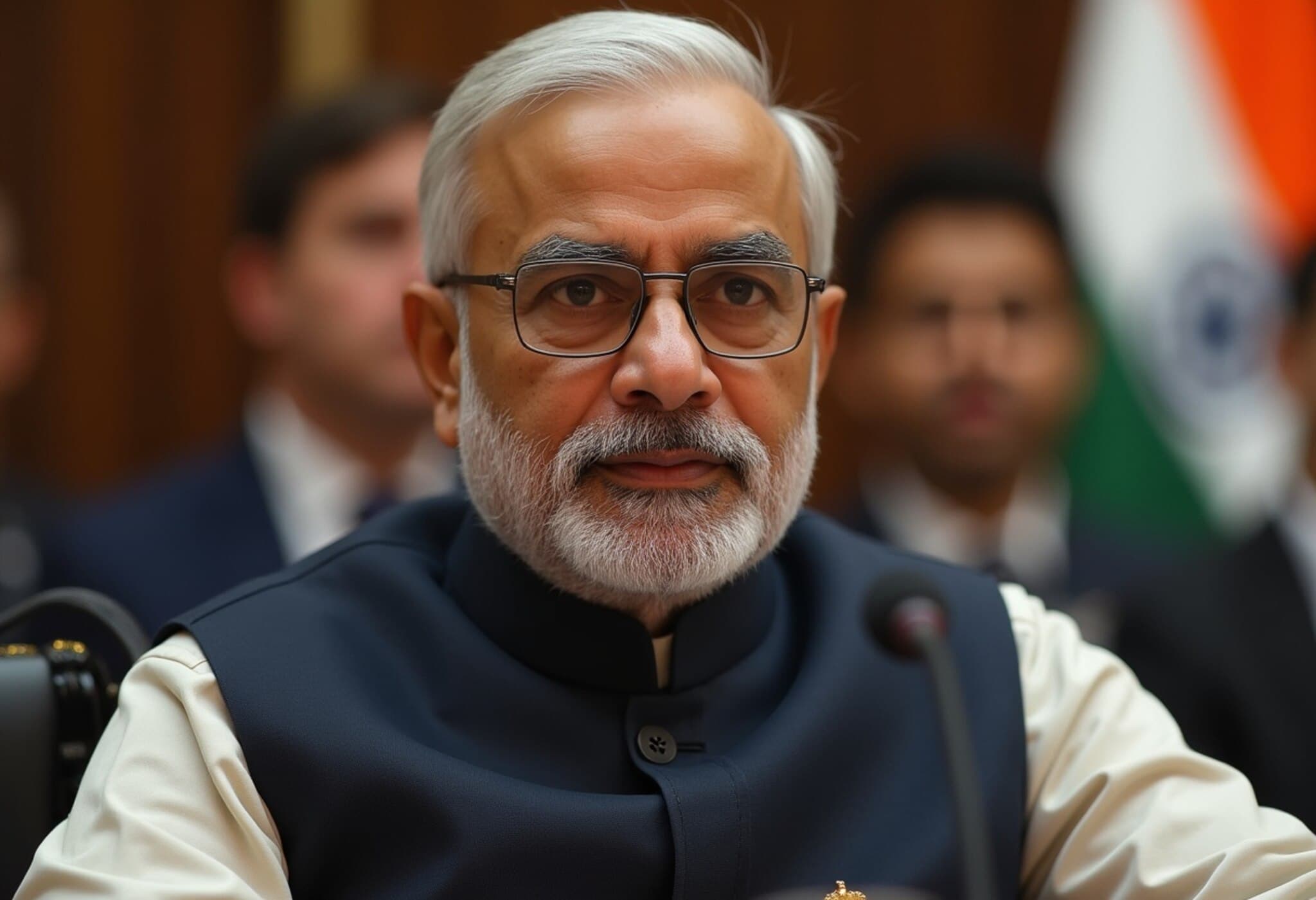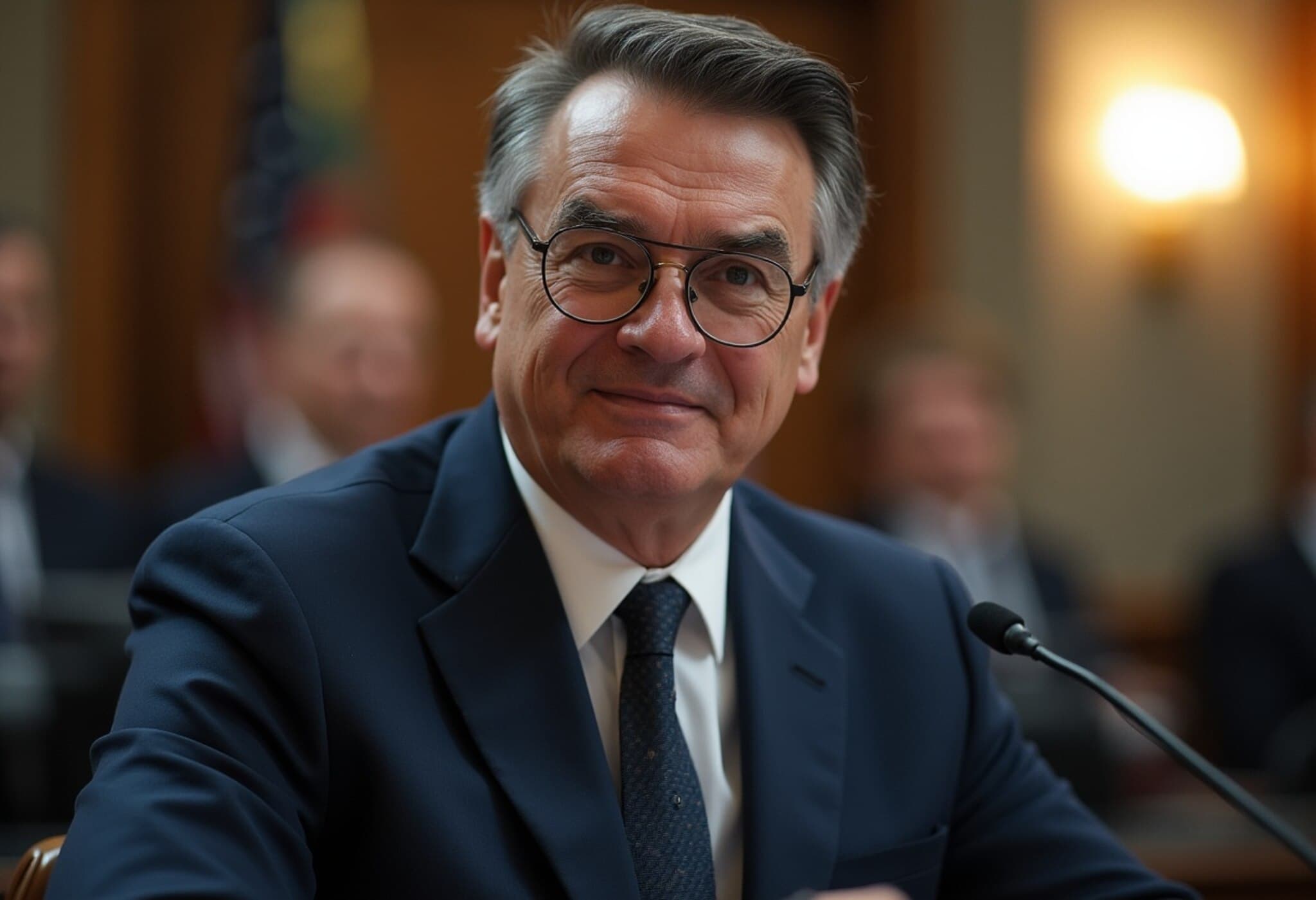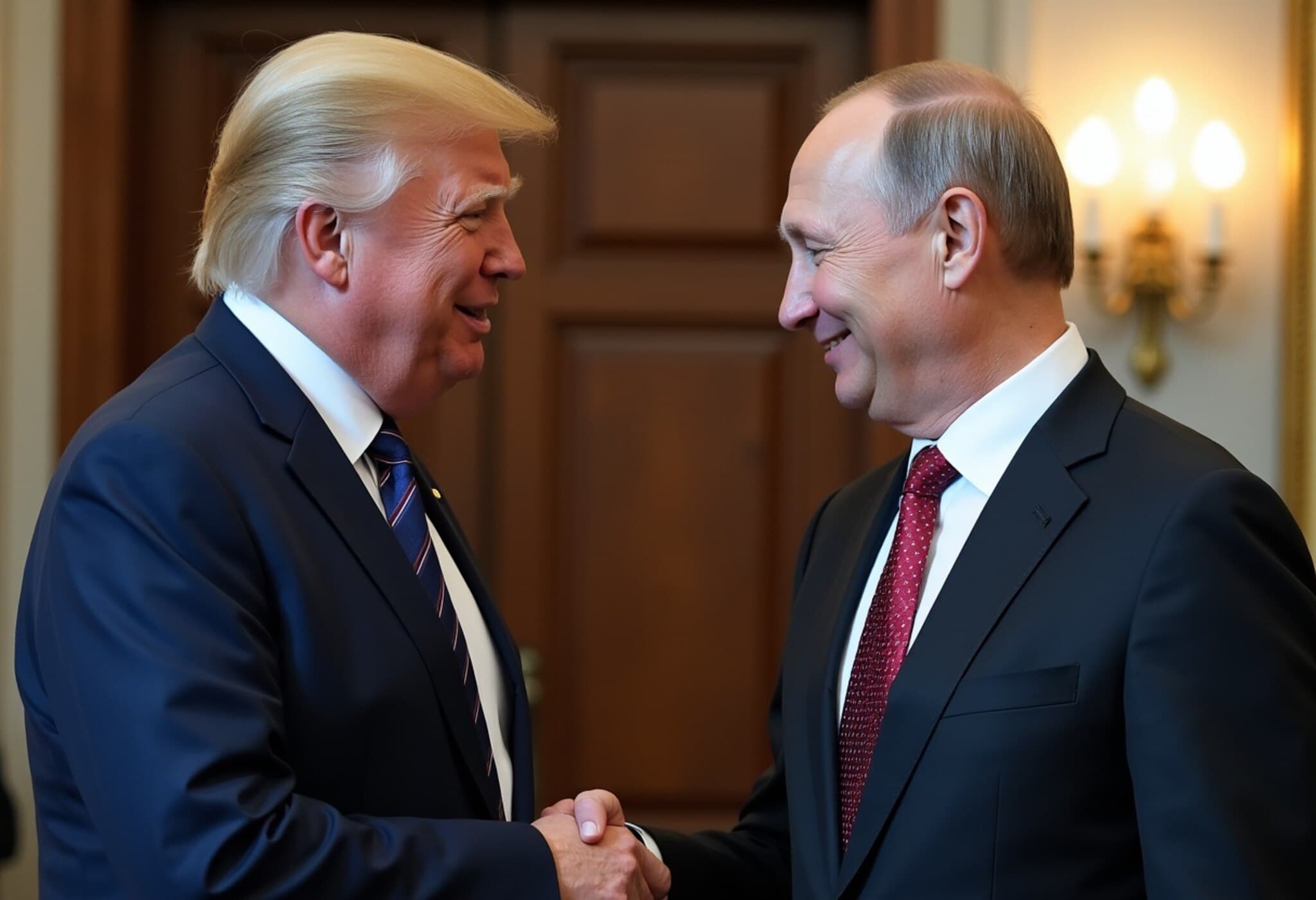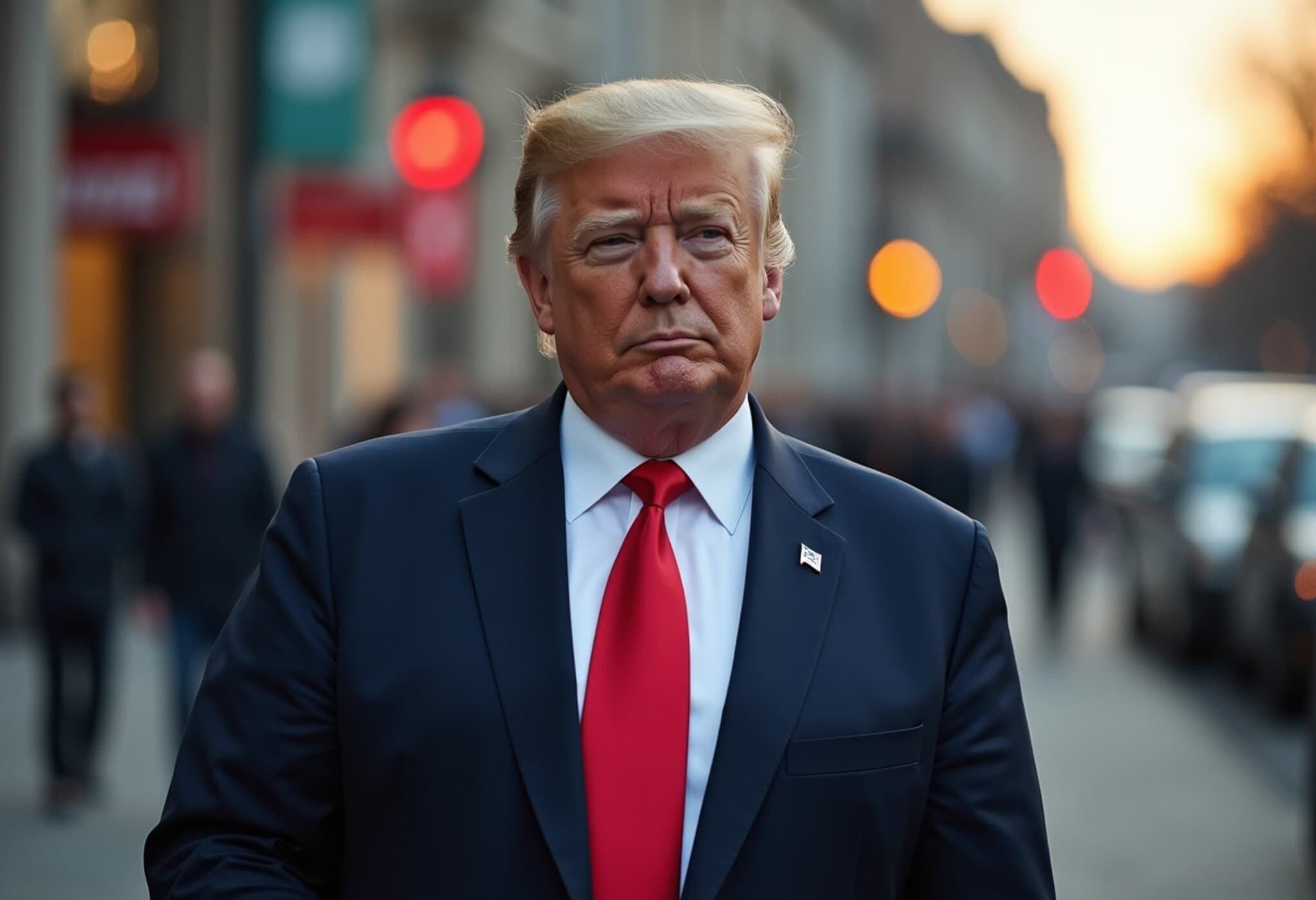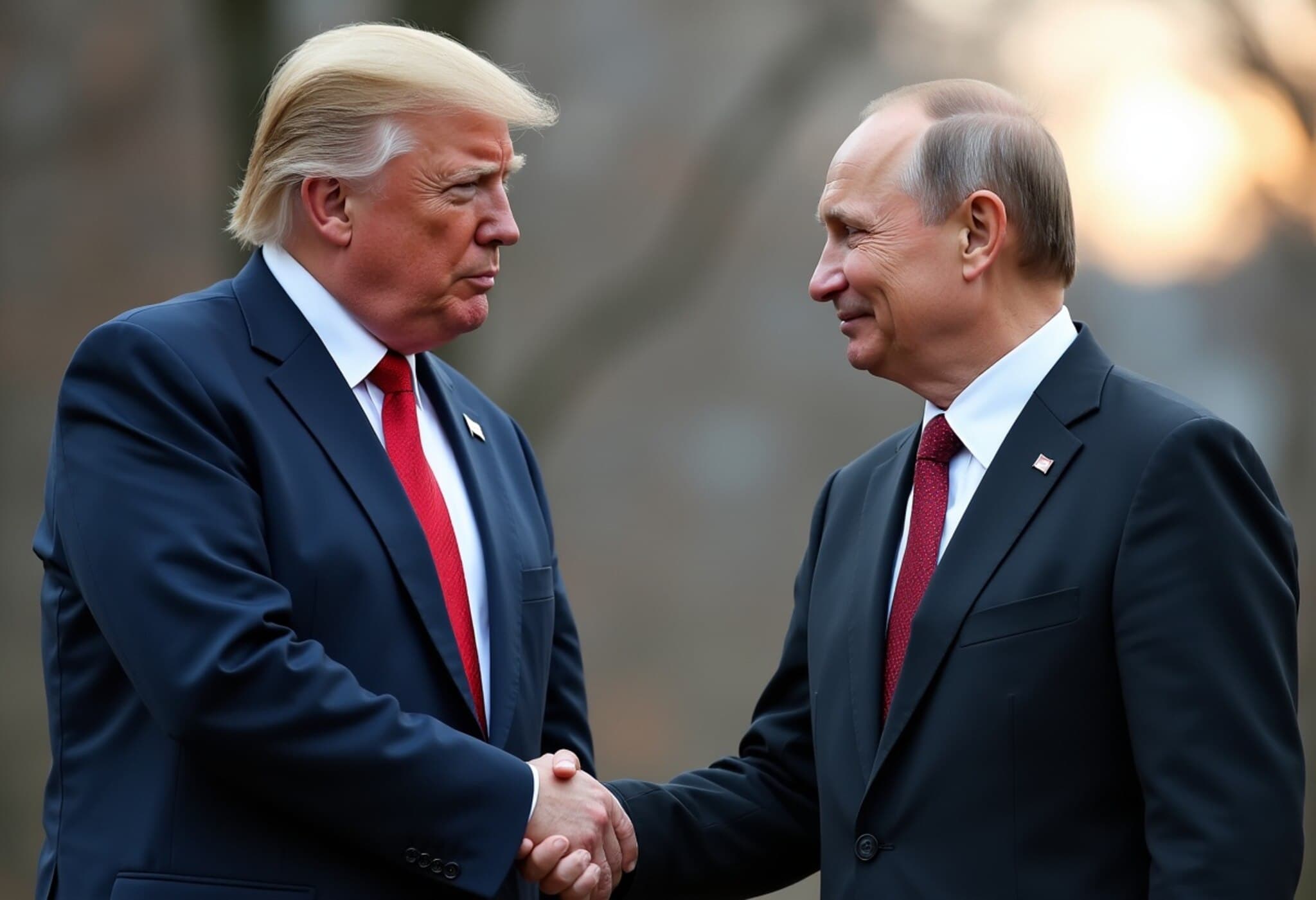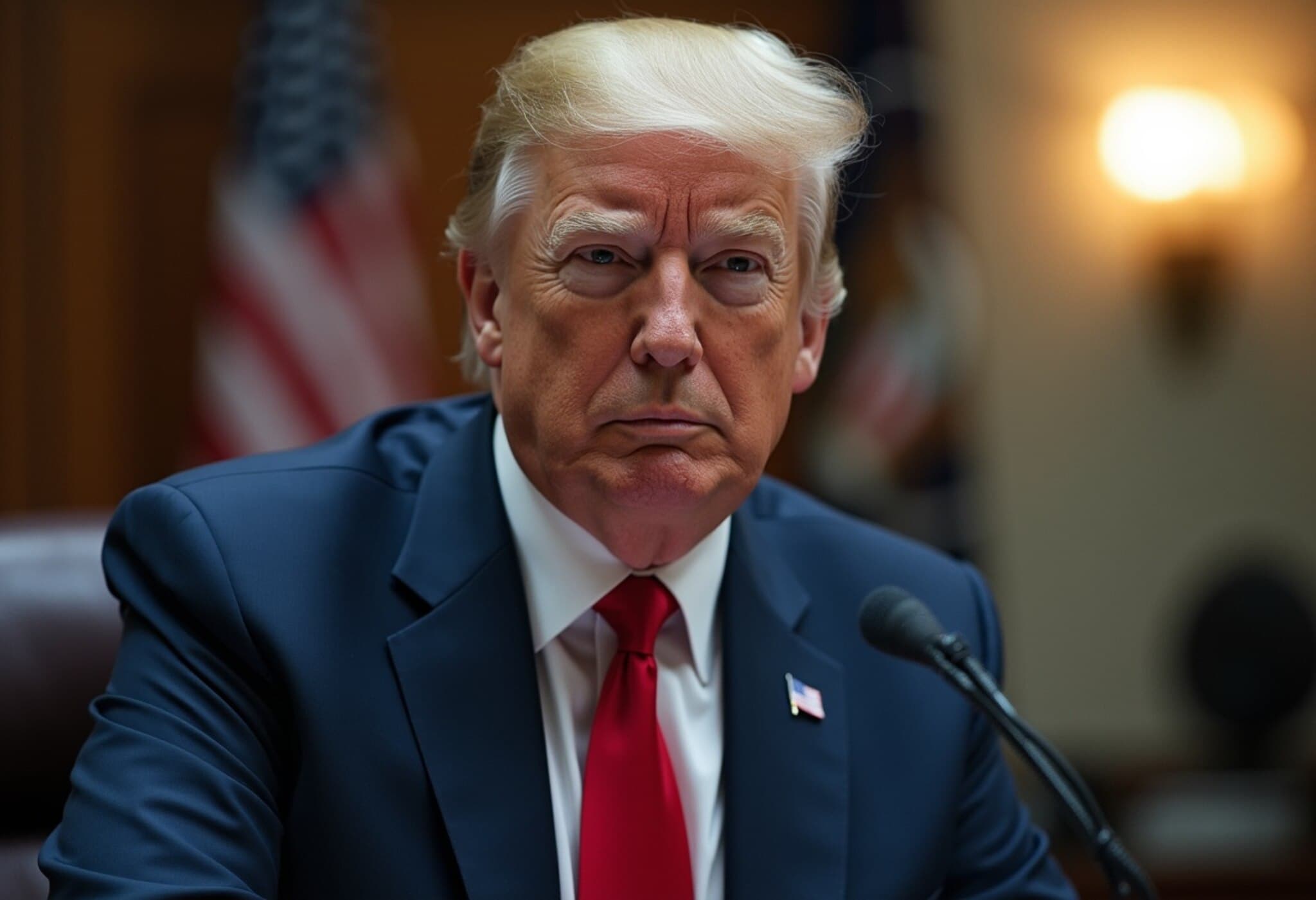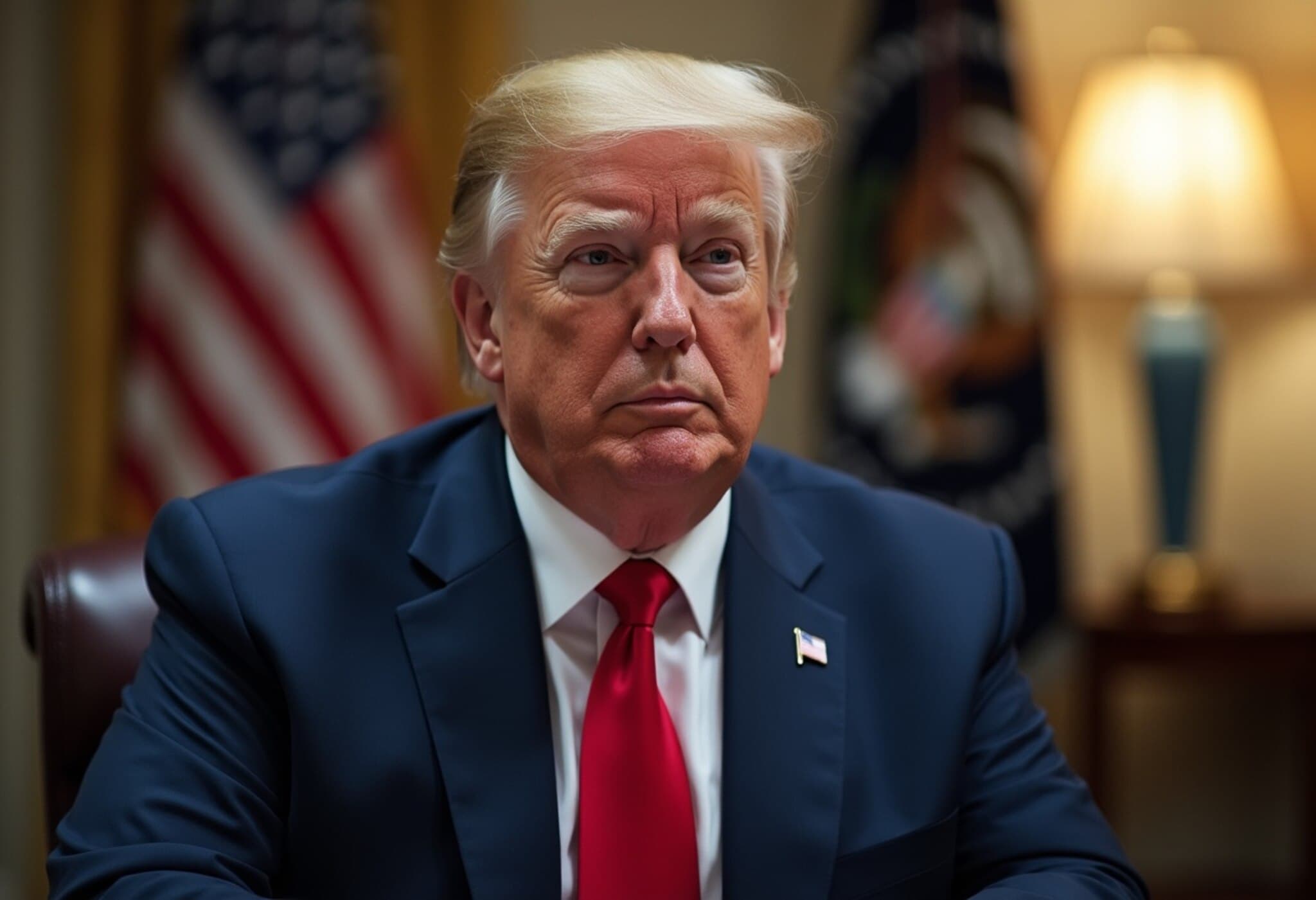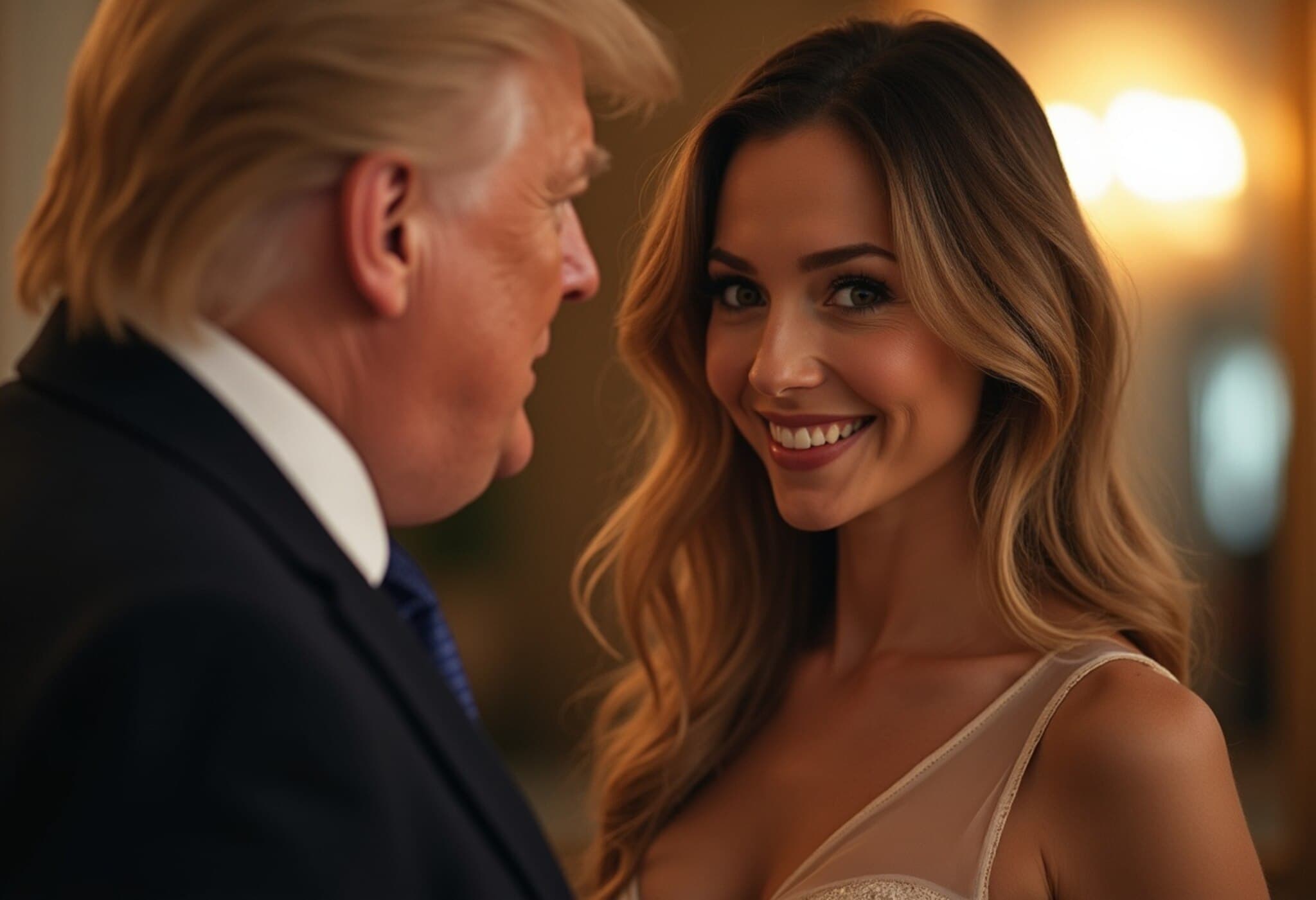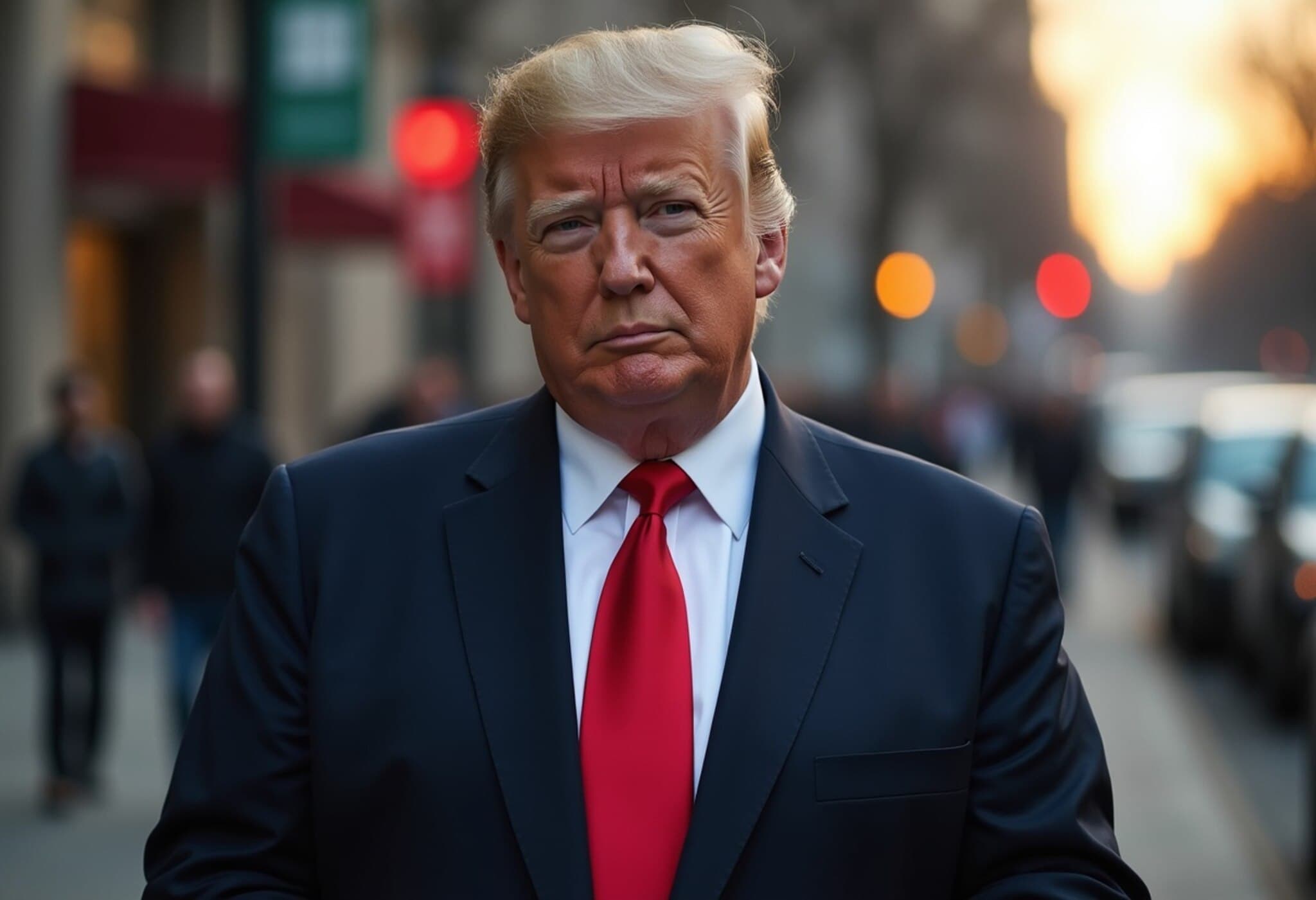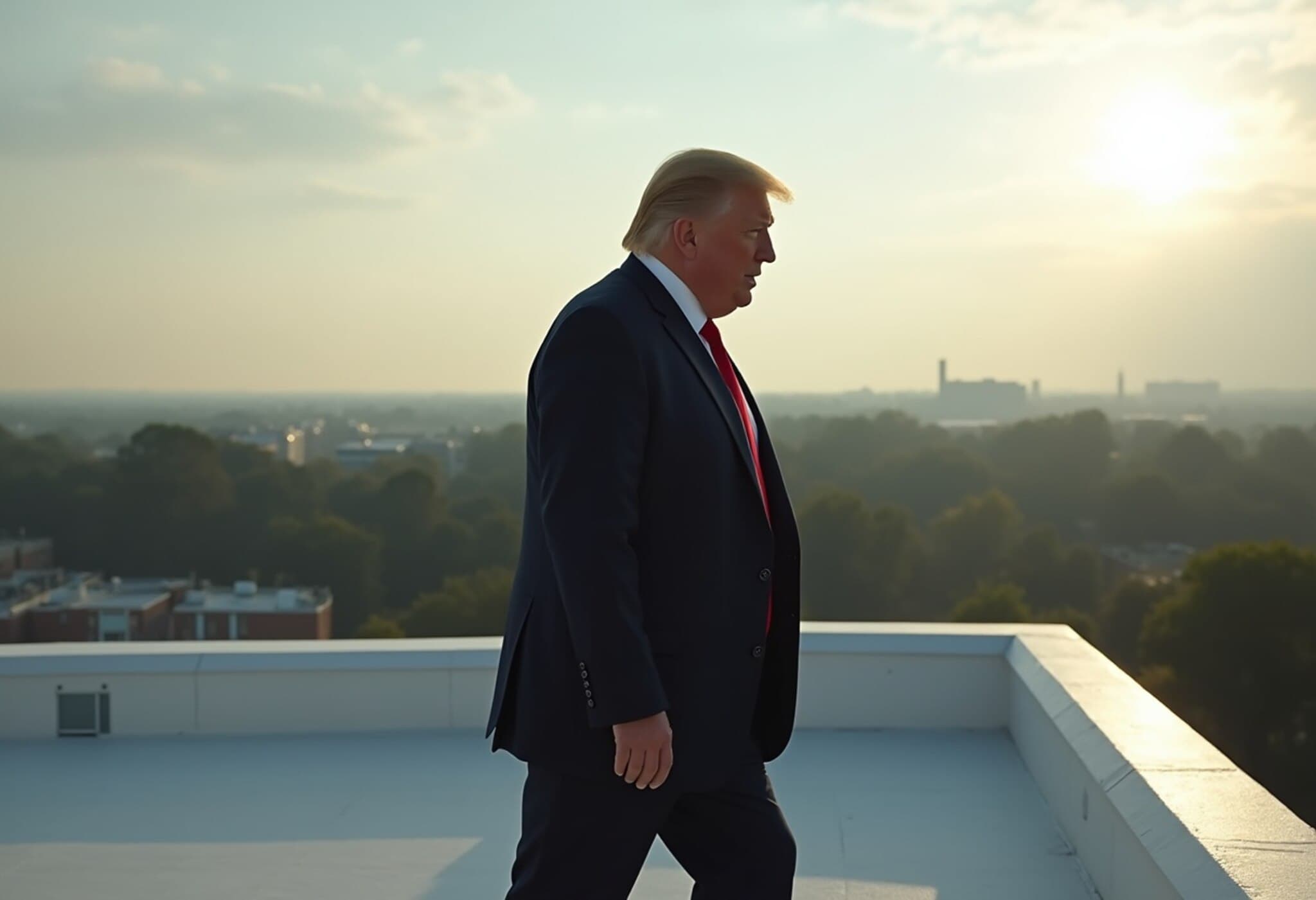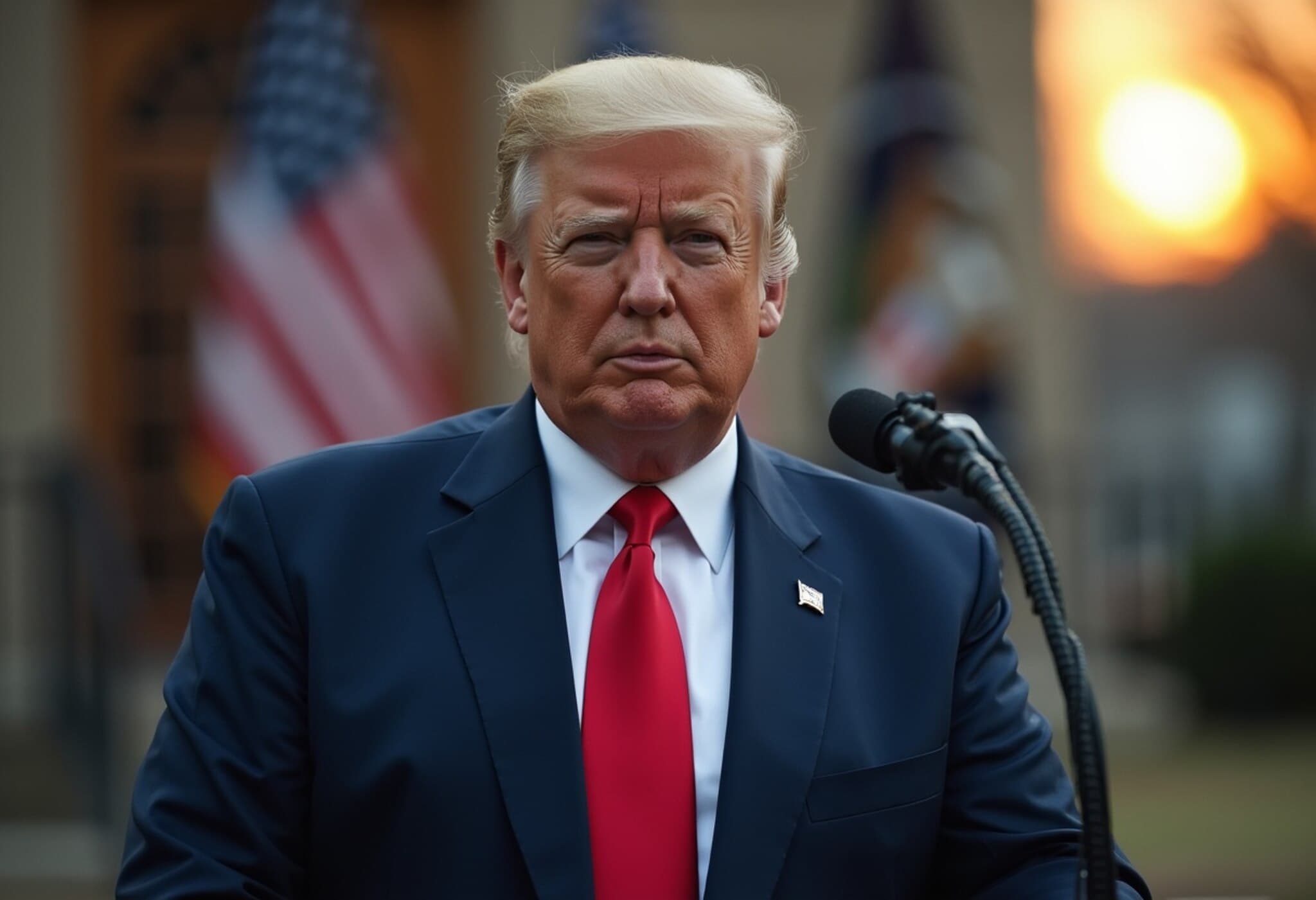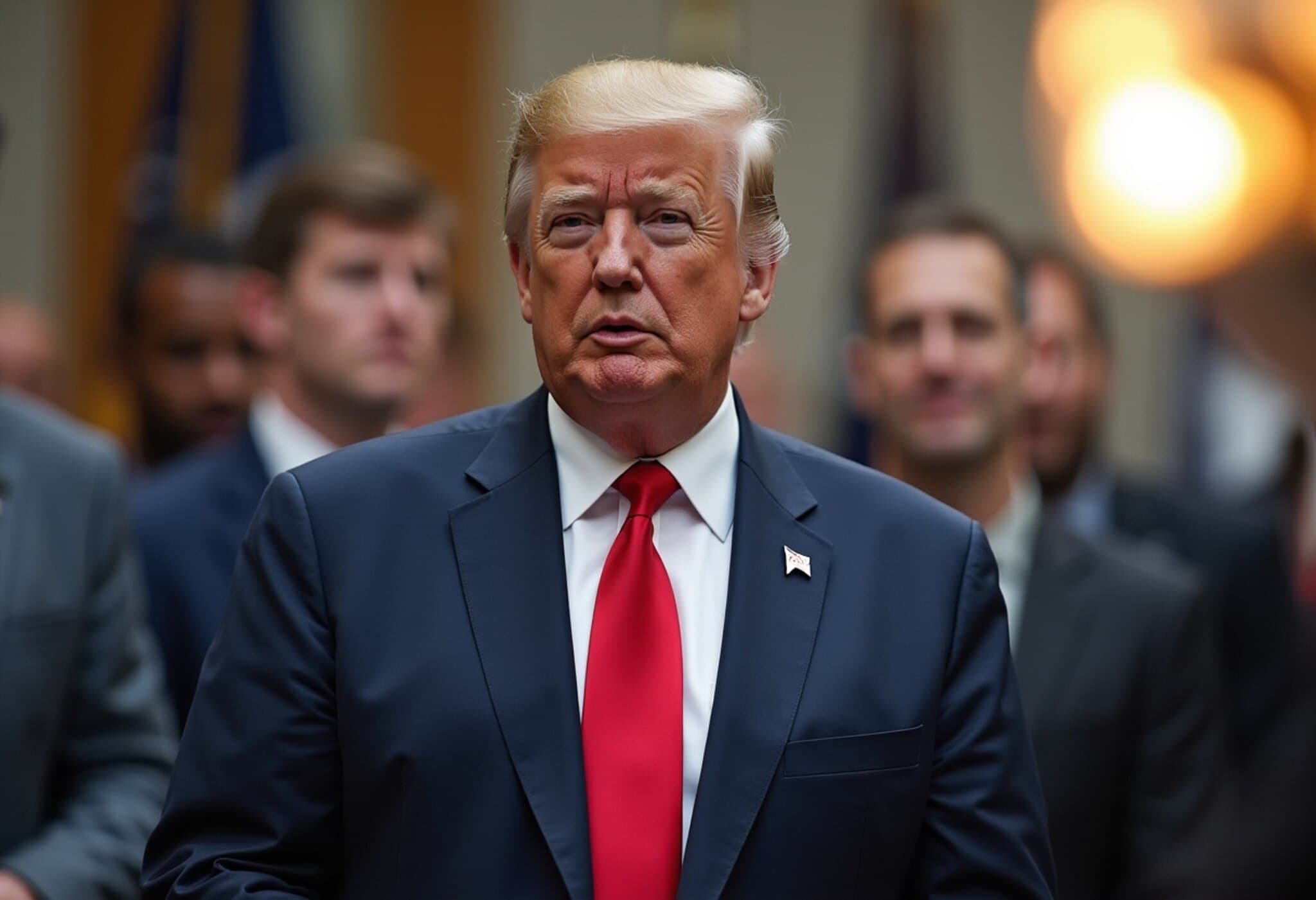Jaishankar Critiques Trump’s Unconventional Foreign Policy Approach
External Affairs Minister S. Jaishankar, speaking at the Economic Times World Leaders Forum 2025, voiced frank observations about US President Donald Trump’s unorthodox style of conducting foreign policy. For the first time in American history, Jaishankar noted, a US President has openly made significant foreign policy decisions — including trade announcements — in a public forum rather than behind closed diplomatic doors.
Public Diplomacy: A New Norm in US Foreign Relations?
Jaishankar expressed that this transparency—or publicity—surrounding Trump's foreign policy marks a sharp departure from traditional protocols. “We’ve never had a US President who conducts foreign policy so publicly,” he remarked, underscoring that this trend is not confined solely to dealings with India but is a global phenomenon. This shift has left many diplomatic actors, including India, navigating an altered playing field.
India’s Stance on Russian Oil Purchases amidst US Criticism
Addressing concerns about India’s continued procurement of Russian oil amid geopolitical tensions and US sanctions, Jaishankar defended the move as integral to India’s energy security. He highlighted the inconsistency in criticism towards India, noting that European countries and the US themselves remain buyers of such energy resources. “If you have a problem buying oil or refined products from India, don’t buy it,” Jaishankar challenged, highlighting the irony of a pro-business American administration questioning India’s trade decisions.
- Energy Security: India prioritizes its energy needs as a sovereign right that influences regional and global stability.
- Trade Independence: Despite ongoing trade tensions, India remains committed to independent decision-making without external pressures.
Navigating Complex US-India Trade Dynamics
Trade relations between the US and India remain a critical issue under Trump’s administration. Jaishankar emphasized that negotiations are ongoing, with India drawing clear 'red lines'—particularly protecting the interests of its farmers and small-scale producers. He also pointed out the expansion of tariffs usage by the Trump administration, not only for trade disputes but also for broader political objectives, a strategy unusual compared to prior US administrations.
Importantly, Jaishankar called attention to a key double standard: while India faces scrutiny over oil imports from Russia, larger importers such as China and the European Union are not subject to the same pressure or tariffs. This highlights the geopolitical complexities and selective application of trade policies.
Expert Insight: What This Means for US-India Relations
From an American policy analyst’s perspective, Jaishankar’s remarks underscore the challenges of dealing with a US presidency marked by unpredictability and nationalism. The public nature of policy announcements can disrupt traditional diplomatic channels, leaving countries like India having to adapt quickly while safeguarding their economic and strategic interests.
Furthermore, this interlude highlights the evolving nature of 21st-century diplomacy, where social media and public discourse increasingly influence international relations, potentially at the cost of nuanced dialogue. India’s firm stance on energy sovereignty and trade negotiation red lines is a testament to its balancing act between maintaining crucial ties with the US and asserting its independent global position.
Editor’s Note
Jaishankar’s candid appraisal of Trump’s foreign policy style and India’s trade strategy raises thought-provoking questions about the future of diplomatic engagement between these two major powers. How will India navigate an international environment where public opinion and media spectacle influence statecraft? And how might the US recalibrate its approach to maintain strategic partnerships while advancing its protectionist agenda? As global politics evolve rapidly, the interplay of transparency, trade, and sovereignty remains pivotal.
Key Takeaways:
- Trump’s public foreign policy announcements represent a significant shift in international diplomacy.
- India defends its right to independent decision-making, especially in energy security and protecting domestic interests.
- Tariff strategies are being used with unusual breadth under Trump, complicating traditional trade relations.
- Balancing economic ties and sovereignty will define US-India relations in this new geopolitical landscape.

